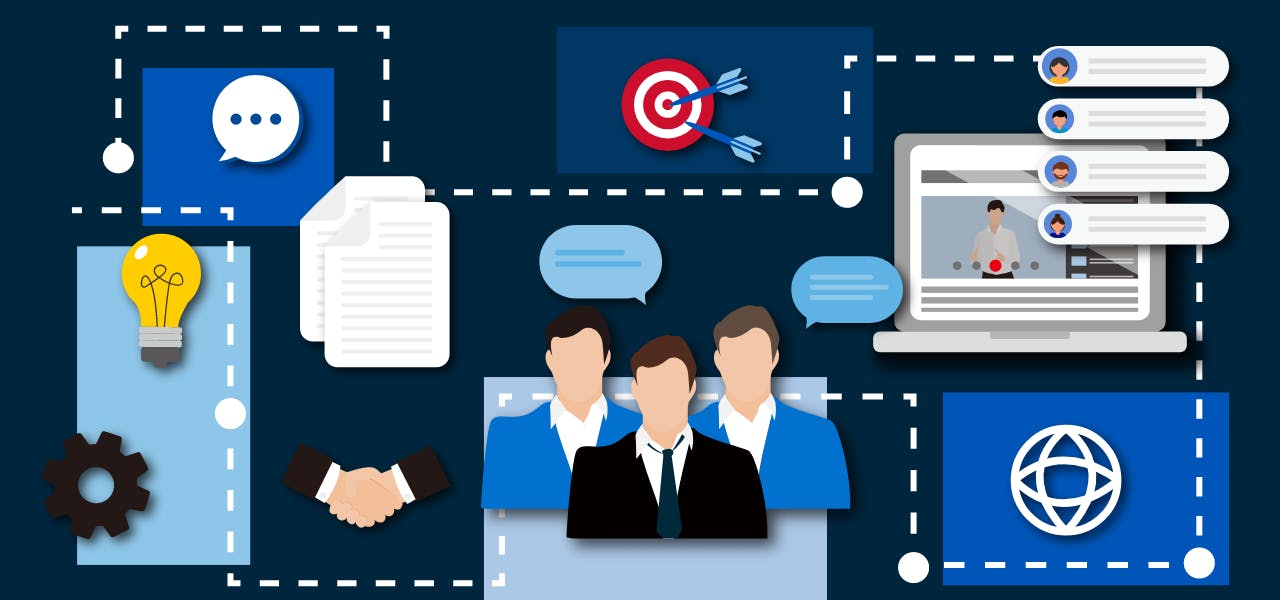The normalized procedure of using citation indicators to gauge scholarly impact for an academic expert isn’t universally agreed upon. As much as those who recommend this type of judgment like to hope they are used in wholly quantitative ways, the truth is that there are different actions and behaviors that can affect the final results.
The researcher, their team, the editor, and even the publisher have at least a small influence in some of these qualitative and quantitative end results. How the team collaborates and chooses to publish their findings, the amount of time the publication is allowed to be publicly accessible before being archived, and other actions can affect citing behavior just enough to have a negative or positive influence on the scholar’s rating.
The Importance of the Scholar’s Reputation
Scholars begin building their reputation long before they graduate from their higher education universities. Working in the field of academics allows individuals to form a variety of targets and goals, and all of these ultimate aims require them to develop a multitude of skills. All of these career-wide targets depend on the scholar’s reputation more than anything. There isn’t one direct way to determine whether a scholar should get a promotion or tenure, but combining the reputation and research impact are two of the most common ways.
The reputation of a scholar is a mix of traits such as determination, character, skills, dedication, work, and abilities, that all combine together to develop an overall picture of the person. A lot of this is seen through the impact that their research makes and how they put it in place. Were they able to create work that was so impactful that it had a wide-reaching, long-term difference in society? Did they work hard, choose important topics, showcase their determination and responsible work ethics, and use their knowledge and skills to put it all into one final research submission that was responded to favorably?
The scholar’s reputation, including all of this, helps to determine the furthering of their career path.
How Collaboration Affects the Citation Indicators
When papers are written collaboratively, with at least two or more authors who have different affiliations or are from different countries, they have been known to receive more citations than those that are not written collaboratively or have authors from closely similar fields.
This could be due to the argument that more researchers with different expertise bring in wider knowledge capacities, allowing for the research to be more impactful and of higher quality. Studies have shown that the more diverse the collaborative team is, the more impactful the work can be and the more productive the team is, as well.
But other arguments bring in the idea of citing behaviors such as self-citation as a reason for higher citation indicators. When there is more than one author of a paper, there is, by default, more opportunity for those works to be cited in future research by the collaborating writers.
Self-citation is an accepted measure of citation indicator evaluation, but it has become one that is increasingly questioned as to its ethical applications. Scholars are able to manipulate their formulas to better their impact ratings through citation metrics by citing their own works as a resource that was used in their newer research, which is acceptable and accurately justifiable. The problem occurs when this happens excessively, or when multiple collaborating authors cite the same work repetitively.
The more frequently an article, journal, or author is cited, the higher their ratings in the h-index formula and other altmetrics become, giving them a high scholarly rating that their individually researched counterparts can’t match.
To prevent your scholarly impact from being accused of self-citation inflation, make sure you avoid citation buildup. You can do this by checking your own citation indicators regularly and making sure none of the self-citation numbers are skewed in your favor, call your reputation into question. As you track these numbers, watch for anything that could be considered a distortion. Part of a research expert’s regular job is to continually work on self-reflection, and this is one important part of it.
Impactio Helps You Follow Your Citation Indicators
Collaborating with a team is a recommended way to improve the impact of your work, but citation behaviors are often questioned with work that has more than one co-author. This puts the job of watching your debated self-citation indicators on you, but tools like Impactio can help make this easier.
Impactio is an all-in-one platform used by expert scholars like you to compile and publish their work. After it’s release, Impactio’s citation indicator reporting tools help you follow its impact through citations. Impactio does the job of keeping track of all your citation indicators, showing you through easy-to-understand reports what your up-to-date, relevant details are regarding the impact your work is making and your trends.
